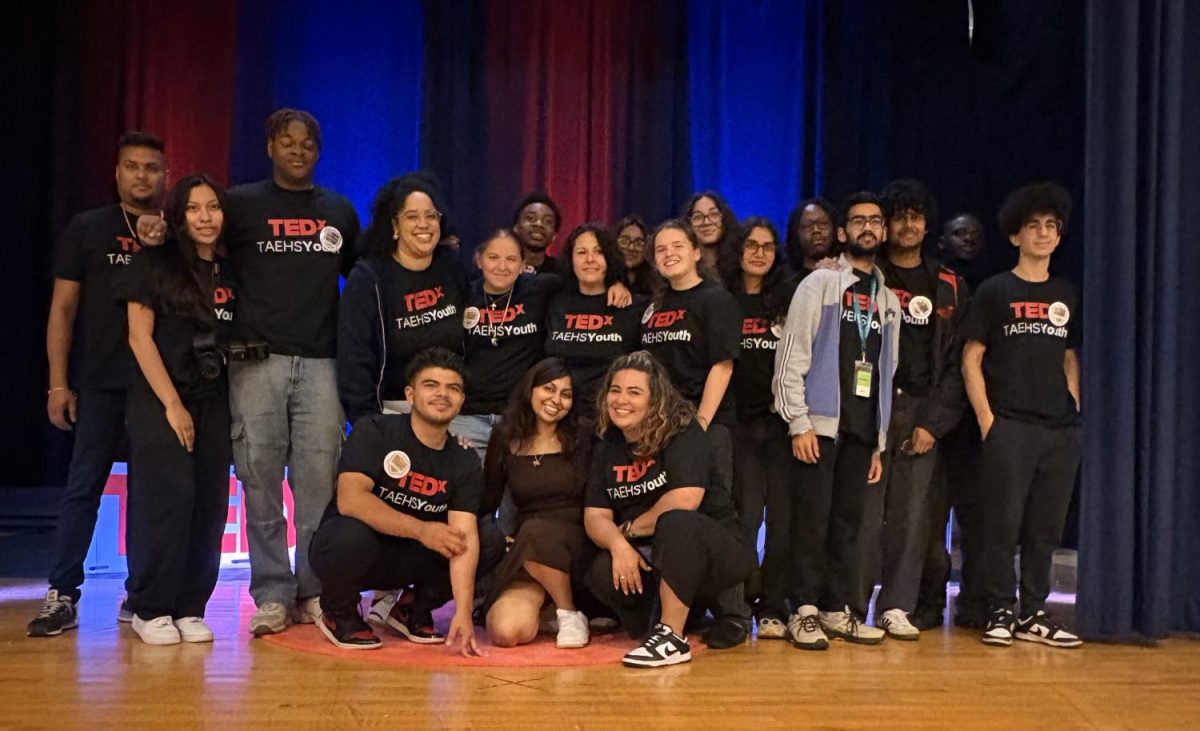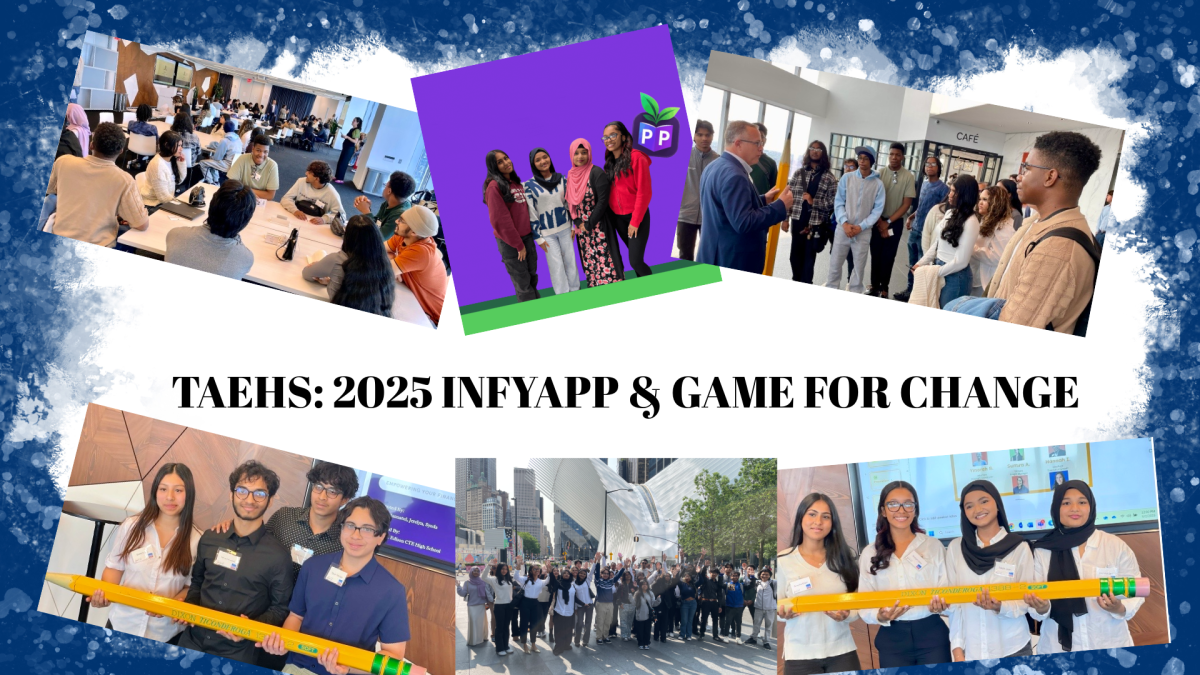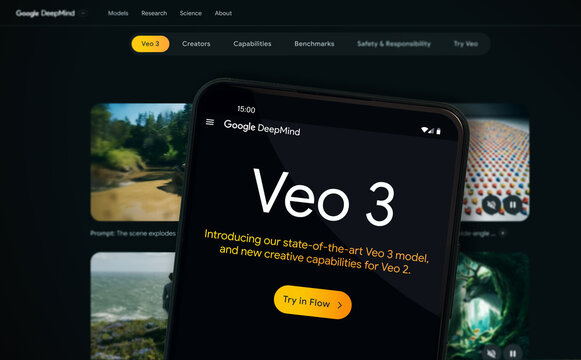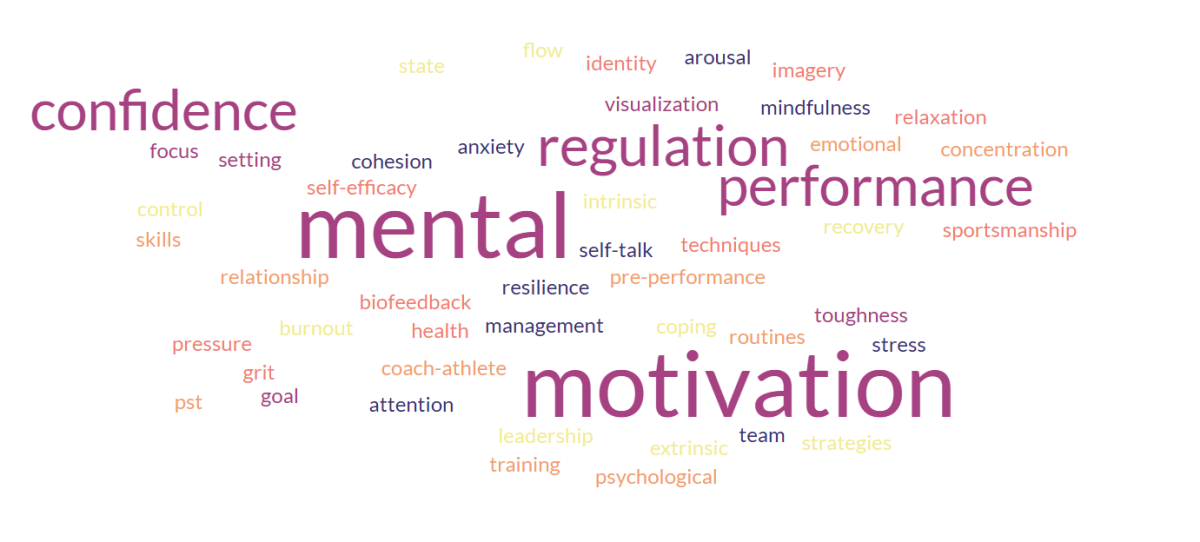In an era marked by rapid technological advancement, the fusion of Artificial Intelligence (AI) and social media has ushered in a transformative wave, reshaping how we connect, share, and consume information. Algorithms, driven by AI, promise enhanced personalization and efficient content moderation, raising questions about the necessity of imposing restrictions to preserve the integrity of social media and online platforms. There are both positives and negatives with this oncoming wave of AI technology onto our world.
AI’s role in content moderation, extensively studied as per a report by the Anti-Defamation League, showcases how AI algorithms swiftly identify and remove hate speech, contributing to a safer online environment. Additional research in the Journal of Artificial Intelligence Research emphasizes the efficiency of AI-driven content moderation in addressing challenges posed by the vast amount of user-generated content.
“This is obviously a great thing, we can make online platforms a much safer and respectable environment, people sometimes get too lost online in spreading things like hate and negativity and this has a big impact that they don’t realize,” Mohammed Fahad said.
While the benefits of enhanced personalization are evident, concerns about user privacy have become a focal point of discussion. The extensive data collection required to fuel AI algorithms for personalization raises questions about the delicate balance between customization and the protection of user information. Restrictions may be necessary to strike a harmonious balance between the two.
Research from the Proceedings of the National Academy of Sciences demonstrates how AI-driven content curation can inadvertently contribute to the formation of echo chambers. The study underscores the importance of mitigating unintentional reinforcement of users’ existing beliefs through algorithmic interventions. The inadvertent formation of filter bubbles, exacerbated by AI-driven content curation, poses a significant challenge in both social media and politics. Users confined to echo chambers may be shielded from diverse political perspectives, contributing to a more polarized political environment. The risk of reinforcing existing political beliefs without exposure to alternative viewpoints hinders constructive political discourse and compromises the democratic ideal of an informed citizenry.
This is a clear issue and will especially affect young voters during elections such as the 2024 presidential election.
“It’s like being surrounded by people with only similar opinions and perspectives, this is an obvious problem because it sort of censors other viewpoints and ideas. AI might unintentionally reinforce these bubbles. Restrictions might be needed to break through and expose users to diverse viewpoints,” Senior Tejbir Singh said.
The potential misuse of AI-generated content, particularly deep fakes, has been extensively explored. A paper in the Journal of Cybersecurity emphasizes the threat deep fakes pose to the authenticity of information shared on social media. Restrictions are deemed necessary to counteract potential misuse and maintain the integrity of shared content, as supported by the findings.
“This poses a great problem for our future in all aspects of media, people will be able to fake almost anything and will have so much power over audiences and individuals. They will have the ability to manipulate and control online presences all over the media,” said Alexander Bradely.
The rise of AI-driven interactions poses challenges to the authenticity of human connection, particularly in the realm of political engagement. The overreliance on automated systems risks diluting the personal touch in political discussions, affecting the genuine connections that have been a cornerstone of democratic engagement.
“This is gonna take that human touch that is so important in connection with audiences, this can especially affect businesses and politicians because it might make the audience feel less seen or heard,” Singh said.
In the political arena, the extensive collection and utilization of user data for AI algorithms present significant security vulnerabilities. Instances of data breaches or unauthorized access can have far-reaching consequences, compromising the privacy of individuals engaged in political discussions. The political implications of such breaches include the potential manipulation of political narratives, the spread of disinformation, and the erosion of trust in the democratic process.
“Many big Problems will arise in future because of possible breaches like this that are more than likely to occur, especially from people with malicious intentions that might want to push a certain agenda,” Fahad said.
AI’s capabilities in targeted advertising raise concerns about its potential invasiveness in political contexts. Highly personalized political advertisements, fueled by AI analysis of user behavior, may be perceived as intrusive. This has implications for political campaigns, as voters become subjects of sophisticated targeting techniques, prompting ethical questions about the use of AI in shaping political opinions and influencing electoral outcomes.
“This for sure is a privacy and security concern, people’s private information will be used and taken advantage of in order to push certain political campaigns or ideologies their way and there needs to be restrictions put in place to protect people from this occurring,” Bradley said.
Potential job displacement resulting from AI in content moderation and related roles has economic and political implications. Individuals employed in these roles may face challenges in the evolving job market, creating economic uncertainty that can influence political attitudes. Job displacement fueled by AI may become a political talking point, prompting discussions on the role of technology in shaping employment dynamics and contributing to political narratives.
“When AI starts to lay people off, there will be outrage from the public, there needs to be control to ensure that people have wages in order to stay afloat in this economy,” Singh said.
A study published in the International Journal of Communication highlights the positive impact of transparent AI policies on user trust and understanding. Platforms adopting transparent policies provide users with insights into algorithmic operations, empowering them to make informed decisions about their digital presence.
“Obviously there are benefits that will come from AI technology, this being one of them. We need to make sure we take control of this technology and implement restrictions for there to be safe usage of this,” Fahad said.
Research from the European Parliament Research Service emphasizes the need for comprehensive policies and regulations to address the challenges posed by AI in social media. Policymakers, in collaboration with tech companies and stakeholders, must develop frameworks that safeguard privacy, mitigate biases, and ensure ethical AI usage.
“This is something that needs to be discussed both now and in the years to come, there needs to be much scrutiny in this area for there to be safe usage of such powerful technologies and this discussion is going to need to involve all sorts of people, from these tech companies to ceos and stakeholders to even users and other audiences,” said Singh.
The integration of AI into social media, supported by a wealth of research and evidence, presents a complex landscape filled with opportunities and challenges. Striking the right balance involves a collaborative effort to implement restrictions that foster innovation while safeguarding the ethical considerations inherent in social media interactions. Navigating this complex terrain requires a thoughtful and multidimensional approach, considering both the advantages and risks associated with the integration of AI in social media platforms. In doing so, society can create a digital space that is both innovative and respectful of individual rights and collective well-being.





































